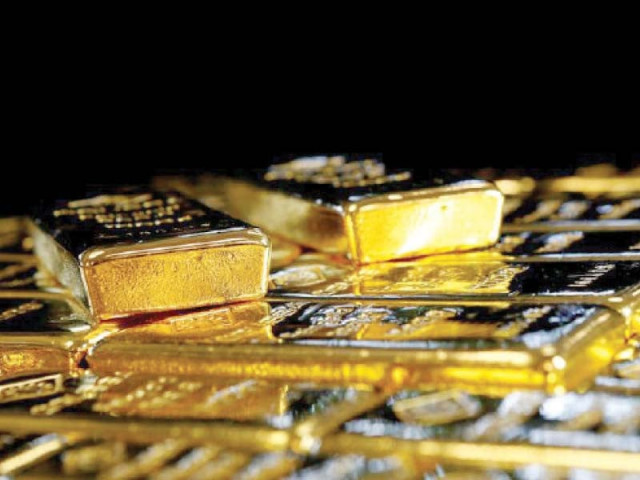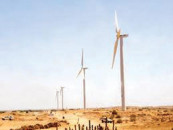Govt eyes people’s gold to increase forex reserves
EEC fine-tunes proposal on PM Imran’s recommendation

The government is considering a proposal to borrow gold biscuits and bars from the people to increase foreign exchange reserves that remain on a sliding path despite taking over $5 billion loans in the past three months from bilateral and multilateral creditors.
The proposal has been discussed in the Economic Executive Council (EEC) – the body comprising all economic ministers and the State Bank of Pakistan (SBP) governor, according to the sources in the Ministry of Finance.
According to the proposal, the commercial banks will issue a negotiable discounted instrument to the gold owner and pay an interest rate on the precious metal. The commercial bank will deposit the gold with the SBP that can monetise it to increase the foreign exchange reserves –already largely built by taking expensive foreign loans.
The central bank already has 2.01 million fine troy ounces of gold reserves valued at $3.8 billion, according to the SBP’s reserves position statement of December 31, 2021.
Read: Foreign exchange: SBP reserves fall $241m to $17.09b
The central bank’s reserves have constantly been on a declining path and further slid to $17 billion as of February 11, according to the SBP statement.
In the past three months, the government took a $3 billion loan from Saudi Arabia, raised the most expensive debt of $1 billion in Pakistan’s history by pledging motorway and received another $1 billion from the International Monetary Fund. But still the reserves could not be stabilised due to lower exports and higher imports along with growing foreign loans repayments.
The Ministry of Finance did not comment on this article.
The proposal to borrow gold from people against a negotiable instrument had initially been floated by an expatriate, Tahir Mehmood, to Prime Minister Imran Khan. The premier then referred the matter to the EEC that has now fine-tuned it to increase reserves and bring more cash into the market against an idle asset.
In the last EEC meeting, Finance Minister Shaukat Tarin said that the objective of the gold-based negotiable instruments was to “translate gold into foreign currency to enhance foreign exchange reserves”.
The minister was also of the view that the proposal would also convert dead gold assets into productive ones in the country. However, the banks would only receive gold biscuits and bars and not accept jewellery, according to the sources.
Read: Emerging copper market and opportunities
According to some estimates shared with the EEC, people have roughly 5,000 tonnes of gold bars and biscuits. But there were no firm numbers available, according to the sources.
The issue of cost of borrowing and the need to give an amnesty on gold assets was also discussed during the EEC meeting, as people have not fully disclosed their gold in tax returns filed with the Federal Board of Revenue, the sources said.
There are apprehensions that the scheme to borrow the gold to increase foreign currency reserves may not be very successful due to fear that the owners may be asked to disclose the source of buying the gold.
But the SBP has finalised the proposal after consultation with Pakistan Mercantile Exchange and submitted it to the committee formulated by EEC for its views.
Besides increasing the foreign exchange reserves, the purpose of trading gold with negotiable instruments was also to bring cash into the market against the dead assets to create economic activities. The instrument holders could take a loan against the gold certificate, according to the proposal.
The EEC also discussed the issue of low tax contributions by the jewellers, directing the FBR to prepare a plan for the collection of due taxes from the gold industry. There are roughly 36,000 jewellers and only over 50 registered for the sales tax purposes with the FBR.
Last month, the government slapped 17% sales tax on the sale of gold and jewellery.
The sources said that the government was also considering another proposal to facilitate overseas Pakistanis to invest in real estate in Pakistan through foreign exchange.
The government has already been paying a very high interest rate of 7% in dollar terms on loans that it is receiving from overseas Pakistanis under the Naya Pakistan Certificates. The Economic Advisory Council has recommended the government to reduce the unsustainable interest rates.
There was another proposal to create foreign currency investment insurance pool to incentivise foreign direct investment. But this proposal remains at the infancy stage.


















COMMENTS
Comments are moderated and generally will be posted if they are on-topic and not abusive.
For more information, please see our Comments FAQ